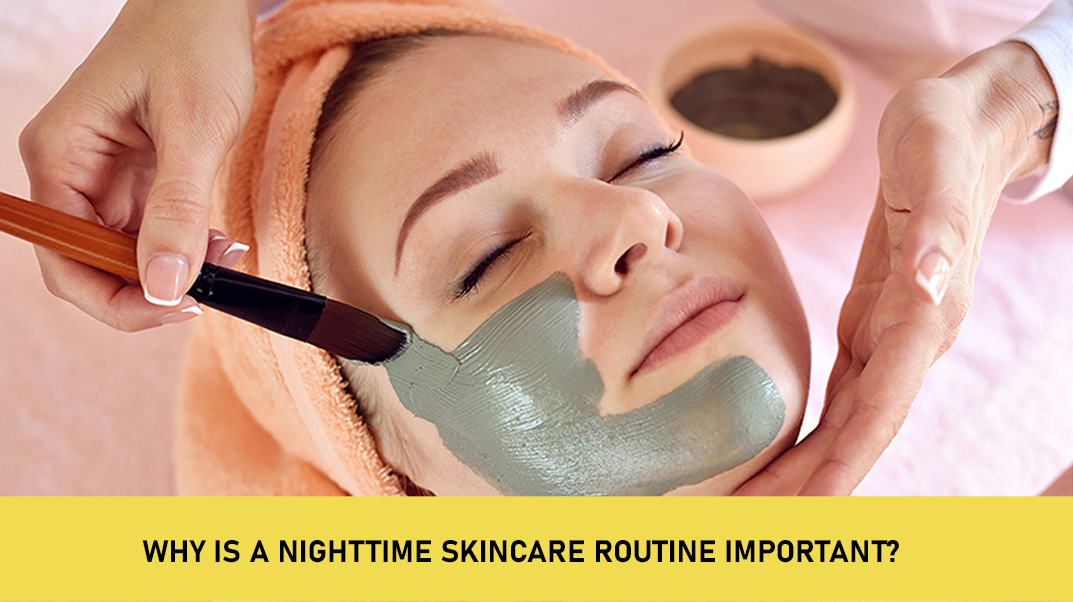We’ve all heard about the magical effects of beauty sleep, but how much rest do you actually need for that radiant, glowing skin everyone dreams of? While skincare products play an important role in maintaining a healthy complexion, getting adequate sleep is one of the most effective and natural ways to keep your skin looking its best. Understanding the relationship between sleep and skin health can help you make better choices for both your beauty routine and overall well-being.
Why Sleep Matters for Your Skin
Sleep is not just a time for rest; it’s when your body goes into repair mode. During deep sleep, your body increases blood flow to the skin, which helps it to rebuild collagen and repair damage from UV exposure, reducing wrinkles and age spots. Additionally, while you sleep, your body produces more human growth hormone, which is essential for skin regeneration. Without enough sleep, your skin can’t fully repair itself, leading to signs of aging and a dull complexion.
How Much Sleep Do You Need?
The National Sleep Foundation recommends that adults get between 7 to 9 hours of sleep per night. This range allows your body to complete multiple sleep cycles, including deep sleep and REM sleep, both of which are critical for skin health. Deep sleep is when cell regeneration and repair are most active, while REM sleep helps reduce stress levels, which can otherwise lead to breakouts and other skin issues.
However, everyone’s sleep needs can vary slightly based on age, lifestyle, and individual health conditions. Some people might find they feel their best with closer to 7 hours, while others need a full 9 hours to achieve that well-rested glow. The key is to listen to your body and find a routine that allows you to wake up feeling refreshed and energized.
Signs You’re Not Getting Enough Sleep
Lack of sleep can manifest on your skin in various ways. Dark circles under the eyes, puffiness, a dull complexion, and an increase in fine lines and wrinkles are all signs that you’re not getting enough rest. When you don’t sleep enough, your body releases more of the stress hormone cortisol, which can break down skin collagen and lead to sagging and dullness. Inflammation levels in the body also increase, which can exacerbate skin conditions like acne, eczema, and psoriasis.
Tips for Better Beauty Sleep
- Establish a Regular Sleep Schedule: Going to bed and waking up at the same time each day helps regulate your body’s internal clock, making it easier to fall asleep and wake up naturally.
- Create a Relaxing Bedtime Routine: Activities like reading, taking a warm bath, or practicing meditation can signal to your body that it’s time to wind down.
- Optimize Your Sleep Environment: Ensure your bedroom is dark, quiet, and cool. Investing in a comfortable mattress and pillows can also make a significant difference in the quality of your sleep.
- Limit Screen Time Before Bed: The blue light emitted by phones, tablets, and computers can interfere with your body’s natural sleep-wake cycle. Try to avoid screens at least an hour before bedtime.
- Mind Your Diet: Avoid caffeine and heavy meals close to bedtime, as they can disrupt sleep. Instead, opt for a light snack or a cup of herbal tea if you’re feeling peckish.
The Bottom Line
Achieving glowing skin is not just about what you put on your face but also how you take care of your body from the inside out. Getting enough sleep is one of the simplest and most effective ways to maintain a healthy complexion. By prioritizing sleep and following these tips, you can wake up not only feeling refreshed but also looking radiant. Remember, your skin is a reflection of your overall health, and a good night’s sleep is a key component of that. So, aim for those 7 to 9 hours of beauty sleep and let your skin glow naturally!




